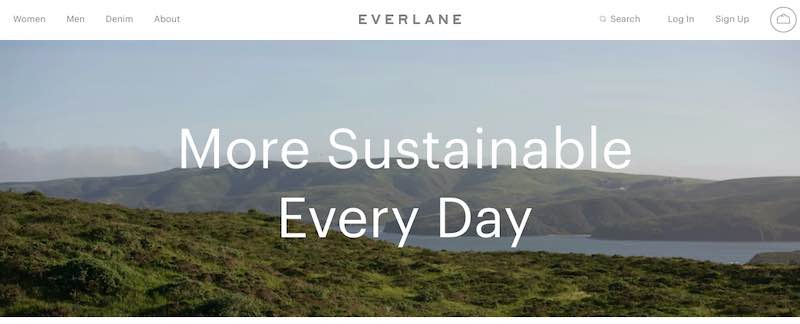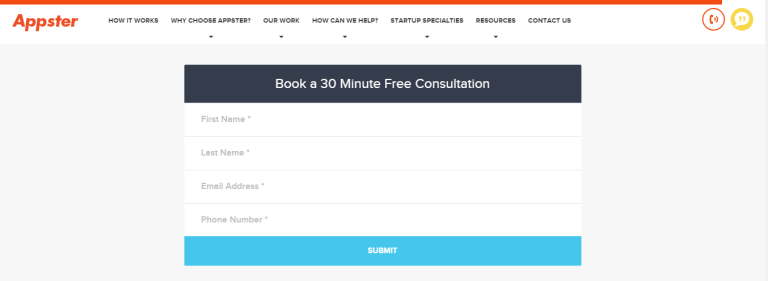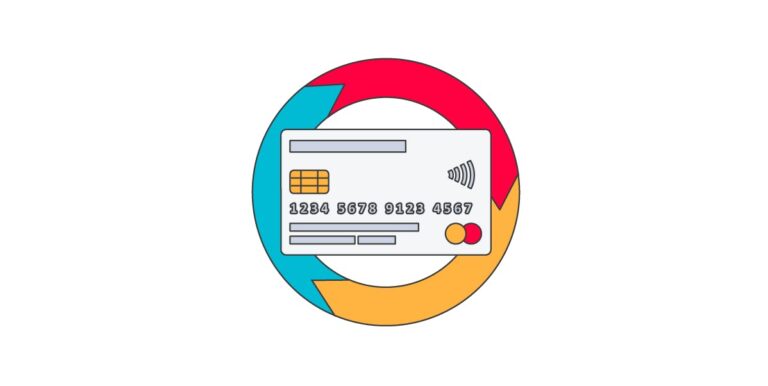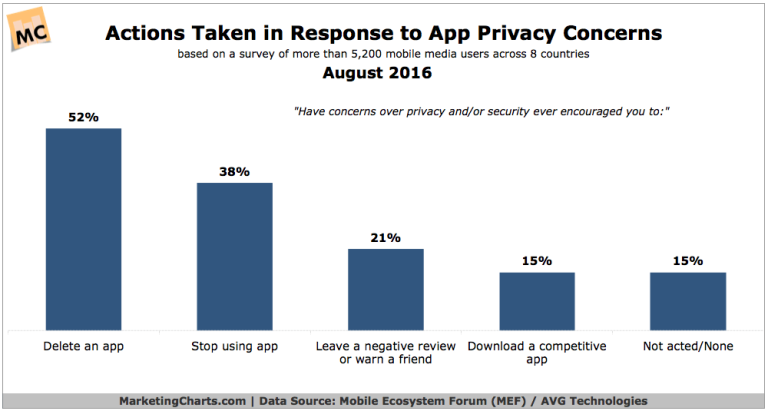Food. Consumers have growing concerns about the health, safety, and freshness of the foods they eat, including the use of harmful ingredients and pesticides. Consumers want to understand and substantiate terms such as organic, free trade, cruelty-free, and free-range. They want more openness.
For merchants, verifiable tracing:
Merchants don’t typically know with certainty if the product they are selling was ethically sourced and produced. The info from suppliers is frequently limited and often misleading.
What Consumers Want
Many merchants are responding. For example, apparel retailer Everlane has committed to all of the cotton in its clothing being 100-percent organic by 2023.
Is that new summer dress 100-percent organic cotton? How can you prove it? What happened after the cotton was picked until the dress was delivered to the customer?


Consumers are starting to demand proof regarding ethical sourcing and sustainability claims. This is especially important for premium branded products where counterfeiting is rife.
Fortunately, timber sourcing is authenticated through third-party certification bodies such as the Forest Stewardship Council, which promotes the responsible management of the world’s forests. Companies that achieve certification commit to transparency about their sourcing and manufacturing processes.
Manually tracking items through the supply chain is not the answer. Blockchain technology is now used extensively, especially with food, to identify and track individual items. A head of lettuce or a joint of beef can be followed from farm to fork using smart labels and QR codes, tracking each activity, including third-party certifications and compliance with regulations.
Furnishings. Wooden furniture and home accessories are not exempt from consumer scrutiny. Buyers want to know where an item was made, what type of wood was used, and whether it contributed to deforestation.
Consumers have questions, and they are not getting answers.
An American importer, Caroli USA, Inc., is using blockchain technology to monitor olive oil from the bottling source in Italy, through customs clearance, and into and out of U.S. warehouses. This ensures that the customer, buying a premium product, is getting the real thing and that the olive oil was transported at the correct temperature and the right humidity throughout its entire journey.
Tracking
It is not only about clothing. It is about the food we eat, the shoes we wear, and the furnishings in our house. Retailers have realized that they need to provide greater transparency into their end-to-end supply chain.
Consumers want to know that the goods they buy are safe, sourced legally and ethically, and manufactured without damaging the planet. Worldwide, cotton farming uses more toxic pesticides per acre than any other crop. These chemicals strip the land of nutrients, contaminate the water, and endanger the people who grow and harvest it.
A 2018 study by France’s consumer affairs ministry found that 49-percent of olive oils sold in that country are wrongly labeled as to quality and product origins. Some bottles were even found to contain rapeseed and sunflower oil instead. It is likely the same elsewhere, beyond France.
- Builds trust in a brand,
- Reduces fraud, counterfeiting, and fakery,
- Addresses quality problems,
- Facilitates prompt recalls.




